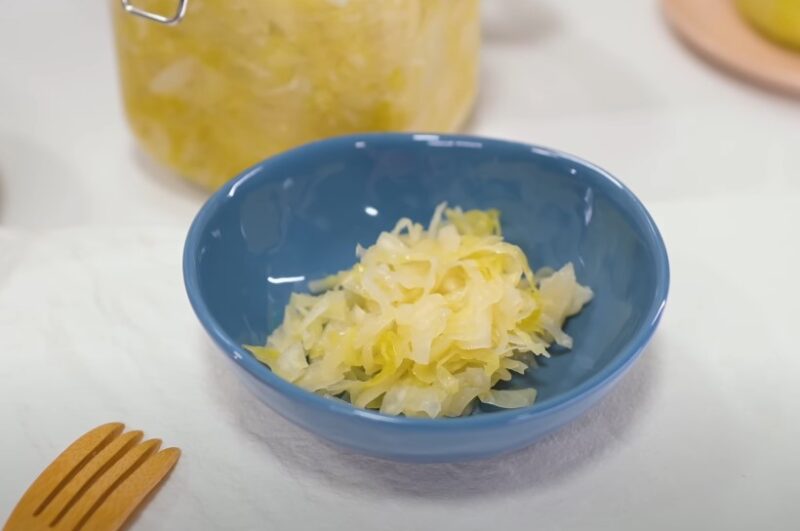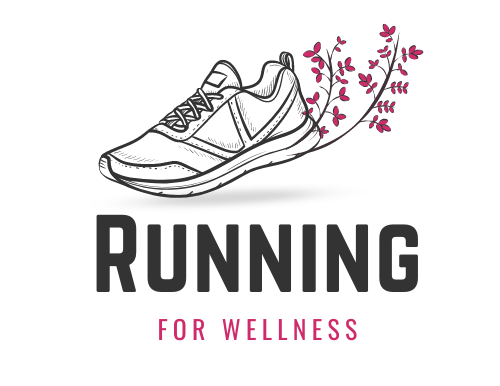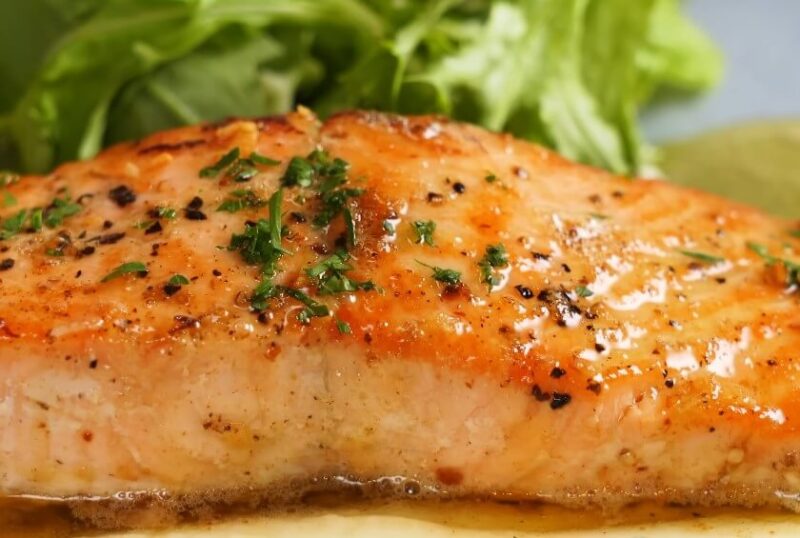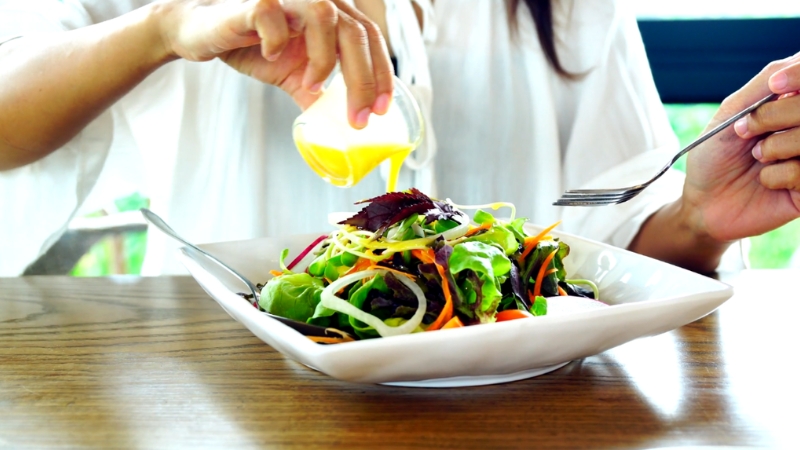A weak immune system cannot recover on its own—it needs the right fuel. The concrete answer is this: your immune recovery depends on a consistent, daily intake of nutrient-dense foods that reduce inflammation, restore gut balance, and provide the vitamins and minerals essential for immune cell production and response.
Eating randomly “healthy” foods is not enough. To truly rebuild immunity, you need a strategic diet backed by science and personalized for your situation, especially if your immune weakness is the result of a chronic condition, infection, or long-term inflammation.
Table of Contents
ToggleStart With a Daily Foundation of Whole, Immune-Supporting Foods

Your immune system relies on hundreds of nutrients to produce white blood cells, regulate inflammation, and identify pathogens. Deficiencies in even one of these—such as vitamin D or iron—can impair response and delay healing.
To support daily recovery, build each meal with the following in mind:
| Component | Daily Food Sources | Immune Function |
| Vitamin C | Bell peppers, citrus, kiwi, strawberries | Antioxidant, supports white blood cell function |
| Zinc | Pumpkin seeds, chickpeas, beef, cashews | Key for wound healing and T-cell activation |
| Selenium | Brazil nuts, tuna, eggs | Supports glutathione production, reduces inflammation |
| Vitamin D | Fatty fish, egg yolks, fortified milk | Enhances pathogen-fighting immune cells |
| Protein | Eggs, lentils, chicken, tofu | Needed to build antibodies and immune cells |
| Omega-3 | Salmon, flaxseed, walnuts | Anti-inflammatory, regulates immune response |
Each of these categories should be part of your plate every single day—especially during recovery phases. For example, a breakfast of eggs, spinach, and a citrus fruit already covers three of these pillars.
The Gut–Immune Connection: Focus on Daily Prebiotics and Probiotics

The health of your gut microbiome directly affects your immune strength. Around 70% of your immune system resides in the gut, and gut bacteria help regulate inflammation and even signal immune cells. So restoring gut balance is a priority.
You should eat daily:
- Prebiotic fibers from foods like garlic, onions, oats, asparagus, and bananas
- Probiotic sources such as yogurt, kefir, sauerkraut, kimchi, and tempeh
Fermented foods and high-fiber meals are especially important if your immune system has been weakened by antibiotics, poor diet, or chronic stress. If you’re rebuilding from frequent infections or inflammation-related fatigue, start adding one serving of both prebiotics and probiotics per day.
Natural Anti-Inflammatories You Should Include Daily
When your immune system is weak, it’s often the result of chronic low-grade inflammation. That’s where daily anti-inflammatory foods come in. These ingredients are known to reduce oxidative stress and promote cellular repair.
Add these to your diet:
| Food | Why It Helps |
| Turmeric | Contains curcumin, reduces systemic inflammation |
| Ginger | Helps regulate immune signaling and supports digestion |
| Green tea | Rich in catechins, supports immune cell integrity |
| Blueberries | Powerful antioxidants like anthocyanins combat cell damage |
| Extra virgin olive oil | Contains oleocanthal, an anti-inflammatory compound similar to ibuprofen |
These are not “quick fix” foods—they need to be consumed consistently to create long-term benefits. A cup of green tea daily or a teaspoon of turmeric in a smoothie makes a measurable difference over weeks.
Gut Health: The Hidden Driver of Immunity

Roughly 70% of your immune system resides in your gastrointestinal tract. The bacteria in your gut communicate directly with your immune cells, helping them recognize threats and avoid overreacting. If your immune system is underperforming, gut imbalance may be a root cause—especially if you’ve taken antibiotics, experienced chronic stress, or had a viral infection.
To restore gut-immune synergy:
- Eat fermented foods daily: sauerkraut, kimchi, kefir, yogurt, tempeh
- Add prebiotics: onions, garlic, asparagus, oats, and bananas
- Use resistant starch: cooked-and-cooled potatoes, legumes, green bananas,
These feed your microbiota and help them produce short-chain fatty acids, which regulate inflammation and support T-cell function. The consistency of intake matters more than the amount—small daily servings create sustained results, like with magnesium.
When Diet Alone Isn’t Enough—Supportive Regenerative Medicine
Sometimes the immune system remains weak even after diet and lifestyle changes. For individuals recovering from autoimmune conditions, viral fatigue, or chronic infections, advanced support may be necessary.
That’s where clinics like DVC Stem offer innovative options. Specializing in regenerative medicine and immune support therapies, DVC Stem provides stem cell treatments designed to enhance immune function, reduce chronic inflammation, and restore balance to immune responses that have become dysregulated. Their therapies may complement nutritional efforts for those who haven’t seen progress through diet alone—especially in post-viral recovery or autoimmune fatigue scenarios.
For those who’ve tried conventional treatments with limited results, regenerative approaches may support cellular repair at a deeper level, providing a path to long-term resilience.
Sample Daily Meal Plan for Immune Support and Repair
Let’s turn the science into a real-world meal plan. Here’s what one day of recovery-focused eating can look like:
| Meal | What’s Included |
| Breakfast | Omelet with spinach and red peppers, 1 orange, green tea with lemon and ginger |
| Snack | Kefir smoothie with blueberries, chia seeds, and a spoon of flax oil |
| Lunch | Lentil stew with turmeric, quinoa, side of mixed greens with olive oil |
| Snack | Brazil nuts (2), a banana, carrot sticks |
| Dinner | Grilled salmon, roasted garlic asparagus, mashed sweet potatoes with a drizzle of EVOO |
This plan provides:
- Over 100% of the RDA for vitamins C, A, and selenium
- 80–120g of high-quality protein
- 30g+ fiber
- Full spectrum of gut-friendly and anti-inflammatory compounds
It’s not restrictive—it’s restorative.
Final Thoughts: Your Path to Lasting Immune Strength
Recovery doesn’t happen from one supplement, one meal, or one week of eating well. It happens from intentional, daily choices that feed your immune system at the deepest level. Whole foods, quality proteins, anti-inflammatory nutrients, and gut balance form the base. From there, if you still face ongoing immune dysregulation, fatigue, or recurrent illness, advanced options offer science-backed solutions that address immunity at the source.
Think of your immune system as a rebuilding project—not just a repair. What you eat each day is the scaffolding. And if the foundation is damaged, regenerative therapy can help reinforce it. Give your body what it truly needs, consistently, and it will respond with strength.
Related Posts:
- How Long Does It Take to Train for a Half Marathon?
- Top 400 Hilarious Gym Quotes to Keep You Motivated
- How Can You Start a Career as a Running Coach?
- How Far Is a Half Marathon? Everything You Need to Know
- 6 Best Running Playlists Music for Every Pace and Mood
- Half Marathon Training Plan for Beginners - Simple…







